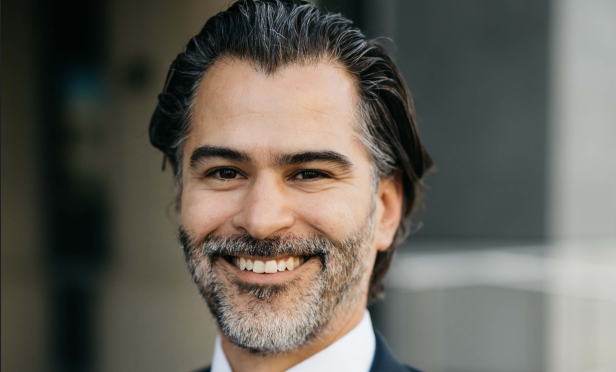 There is a lot of buzz about the potential for Opportunity Zone Funds—a new program that allows investors to defer capital gains taxes by investing in Opportunity Zone funds, which invest in designated under-developed areas. Although guidance about the rules around the program have only just rolled out from the IRS, investors are already showing tremendous interest. David Alvarado, a partner at CGS3, says that clients are calling daily to learn more about Opportunity Zone Funds and how to invest. Alvarado recently moderated panel Investing in Opportunity Zones at the UCLA School of Law.
There is a lot of buzz about the potential for Opportunity Zone Funds—a new program that allows investors to defer capital gains taxes by investing in Opportunity Zone funds, which invest in designated under-developed areas. Although guidance about the rules around the program have only just rolled out from the IRS, investors are already showing tremendous interest. David Alvarado, a partner at CGS3, says that clients are calling daily to learn more about Opportunity Zone Funds and how to invest. Alvarado recently moderated panel Investing in Opportunity Zones at the UCLA School of Law.
“Key reasons this new legislation is triggering such an emphatic response [include] fund managers' cost of capital is essentially being lowered through the tax incentives afforded to investors; many of the Opportunity Zones are in areas very attractive to investors; non-real estate investors who previously had no outlet to unlock built capital gains now have one; and Opportunity Zones come with very few conditions,” Alvarado tells GlobeSt.com.
The tax deferral benefits are significant and grows with time. “If the resulting investment is held for five years, 10% of that original capital-gains liability is written off; and if held for seven years, 15% of that original capital-gains liability is written off,” says Alvarado. “In addition, if the investment is held for more than ten years, any associated capital gains tax due on gains during that decade is eliminated.”
The program, specifically, allows investors to trade out of one asset class and place the earnings into real estate. Previously, investors could only trade from one asset into the same asset class through a 1031 exchange. “Real estate investors have, for some time, been able to trade out of built-in gains via the 1031 process. There was no similar mechanism, however, to trade out of other asset classes with built-in gains,” says Alvarado. “Key media outlets are suggesting trillions of dollars of unrealized capital gains are ready to be unlocked, and Steven Mnuchin, the treasury secretary, has speculated that as much as $100 billion could flow in to Opportunity Zones. Anthony Scaramucci—a hedge fund operator and short-term member of the Trump administration—has announced plans to kick off an Opportunity Zone fund by the end of the year. Scaramucci's fund appears to be targeting investors looking to trade out of private equity gains and is looking to raise as much as $3 billion and will require a six-year commitment from investors.”
Other companies are also lining up capital to invest in these funds, including $105 million from Origin for Opportunity Zone Fund projects. One thing to note, however, is the legislation discourages real estate investors with built-in capital gains from participating since – whether or not the Opportunity Zone investment is sold – the initially deferred gain is nevertheless deemed recognized on December 31, 2026, ending the deferral, which would not occur via the 1031 process.
There has been some debate about the benefits of investing in submarkets that would not otherwise have seen capital infusion. However, many have argued that capital investment will encourage economic activity and drive growth. The designated “zones” are also areas that have already seen some trend toward gentrification. “A study by the Brookings Institution, a think-tank, found 89% of selected Opportunity Zones do have poverty rates higher than the national average,” explains Alvarado. “But when selecting census tracts to be Opportunity Zones, most states picked places more likely to show signs of gentrification than eligible ones that were passed over. To that end, large blocks of Hollywood, Culver City and Portland as well as the census tract that will house Amazon's new headquarters in New York are considered Opportunity Zones eligible for tax credits meant to spur investment in low-income communities.”
In addition to the numerous benefits, Opportunity Zone Funds have few challenges. “Opportunity Zones come with very few conditions, freeing investors of any kind of approval process. There are some restrictions on what counts as a qualifying investment. Golf courses and massage parlors are out,” says Alvarado. “Real-estate developers, however, must make “substantial improvement” to a property within 30 months of buying it, equivalent to doubling the value of any pre-existing improvements.”
© Touchpoint Markets, All Rights Reserved. Request academic re-use from www.copyright.com. All other uses, submit a request to [email protected]. For more inforrmation visit Asset & Logo Licensing.






